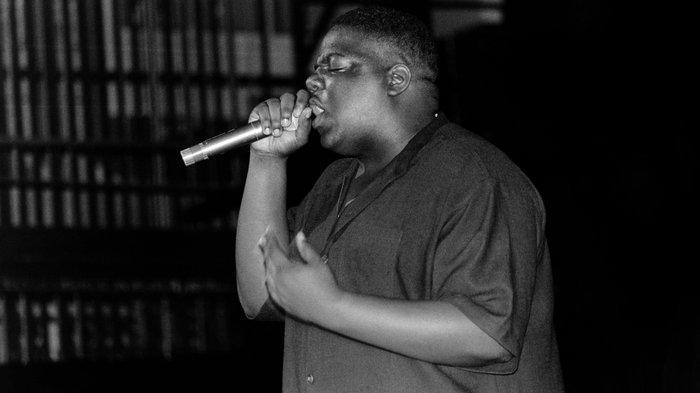In one of its final acts of 2018, the New York City Council unanimously voted to name two streets after some of the city’s most legendary offspring: The Notorious B.I.G. (who was born Christopher Wallace) and Wu-Tang Clan.
Pending Mayor Bill de Blasio’s signature, Christopher Wallace Way would be located in Brooklyn and the Wu-Tang Clan District would be in Staten Island. The two naming initiatives were among dozens the council approved on Dec. 20, which also included streets to honor singer Woody Guthrie and poet Audre Lorde.
LeRoy McCarthy, a longtime New York City resident, led the naming effort to recognize the Notorious B.I.G., who died in 1997, and Wu-Tang Clan. He tells NPR’s Morning Edition he was inspired after reading a book on Wallace’s life and in 2013, began trying to convince city officials to create Christopher Wallace Way.
Official government recognition for hip-hop’s greats is long overdue, McCarthy says.

9(MDAxOTAwOTE4MDEyMTkxMDAzNjczZDljZA004))

